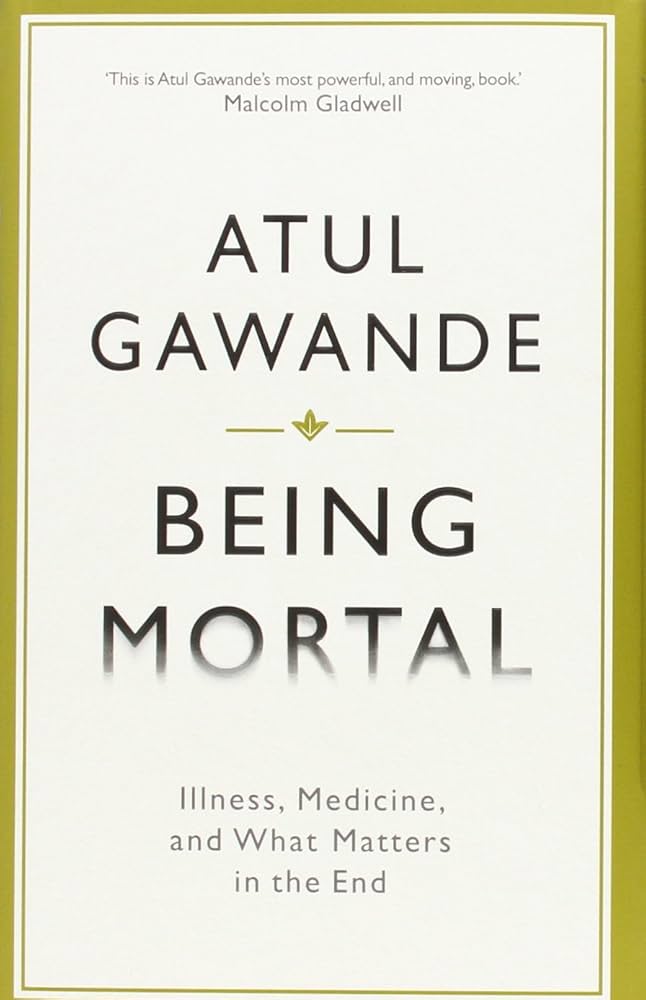Atul Gawande. 2014. Wellcome Collection. 282p.
Gawande is a surgeon in the USA with Indian roots who reflects on how modern medicine has altered the end of life. Treatments and technology have meant that the descent towards death is much less a sudden drop off a cliff but more a “hilly road down the mountain”.
He suggests that society is living “a modern tragedy”, where the modus operandi is to fight against death and prolong life at all cost. “The fact that we may be shortening or worsening the time we have left hardly seems to register” with the paradox that “you live longer only when you stop trying to live longer”.
The importance of having information, guidance and choice is central to this, but Gawande suggests that the best doctor-patient relationship go beyond this and must be ‘interpretative’. In other words, asking patients what is most important to them and what their worries are, and then offering realistic perspectives on options where there is often no optimal solution.
Illustrated with various case studies of some of his patients, and notably the last years of his father’s life, Gawande’s book is a passionate and beautifully argued call for us to die better: ultimately achieved through “not a good death but a good life to the very end”.

